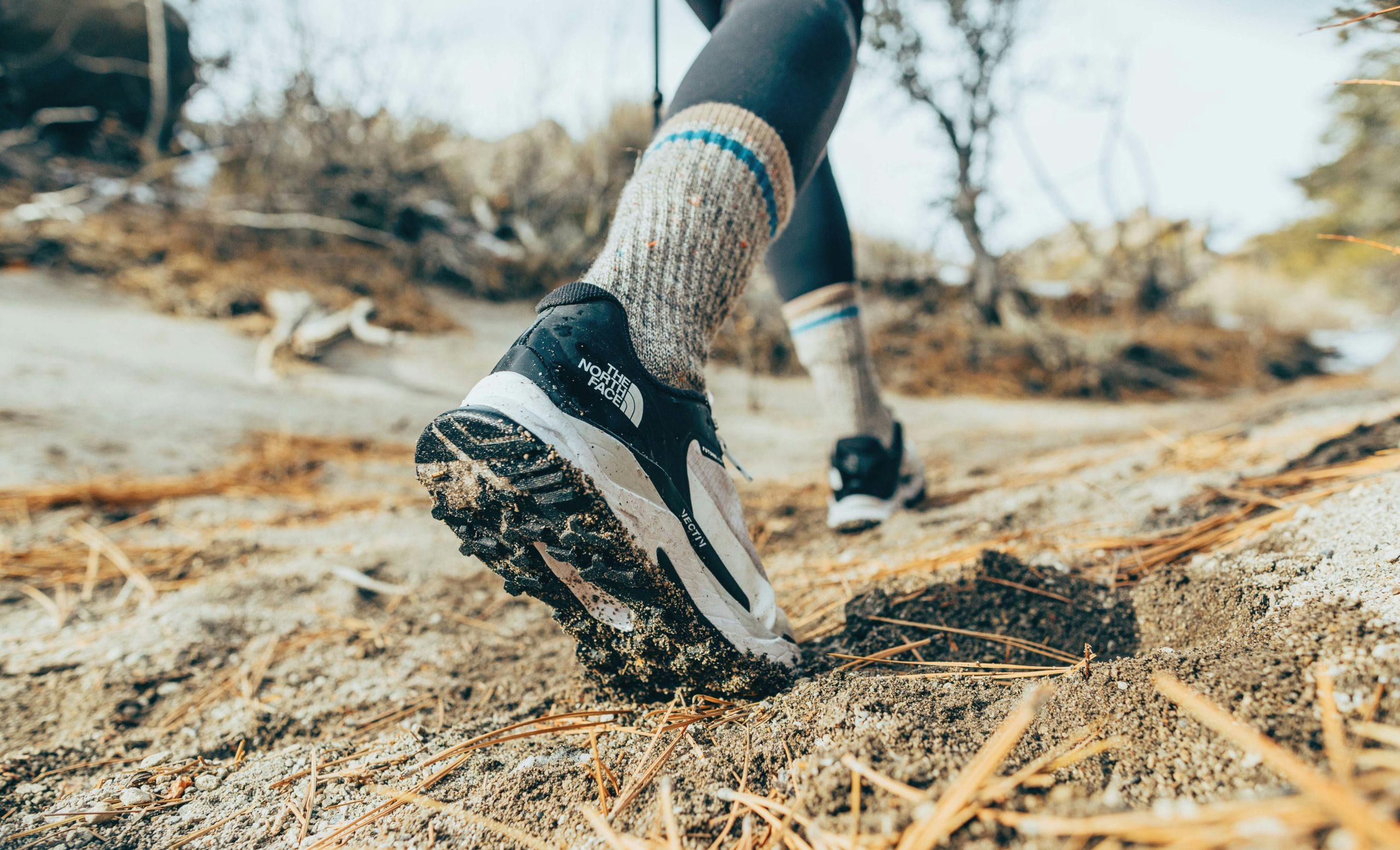Trial and error builds confidence
Thank you so much for the story ‘A trip called perseverance’. Not only was it an aspiring route over the Richmond Range, but it was fantastic to see a fellow female tramper going it alone.
Over the past few years, I have been trying to build my skills and confidence in the outdoors so that I can one day attempt trips like this. Reading the trial and error that was needed to make this trip happen was useful and inspiring.
Please don’t ever underestimate the power of sharing such stories. It builds up other people’s confidence – particularly other women who dream of big solo adventures.
– Kim Meyer
Kim receives a one-night stay for two in a Superior King Room including breakfast at Jet Park Hotel Rotorua courtesy of www.jetpark.co.nz. Readers, send your letter to the editor for a chance to win.
Snow camp for students
In ‘The season for adventure’, teacher Joe Nawalaniec shared his experiences with senior students in winter conditions. However, it is not just senior students that benefit from such experiences.
In the 1990s, while teaching at secondary schools in Wellington, a fellow teacher and I would offer students of any year the opportunity to spend a week in the Tararua Ranges during the July school holidays. We based ourselves at Jumbo Hut as we knew we could get everyone to this hut within a comfortable time (often with vocal encouragement; and sometimes load-sharing).
The trip was aimed primarily at students who had never experienced winter conditions and was advertised as a ‘snow camp’. We were never short of starters: spindly year nine students; Pacifika first 15 players; international exchange students; anyone, female or male, who wanted to experience ‘real’ winter.
It was wonderful experiential education: a non-threatening introduction to unpredictable nature. Each was there by choice and thereafter could make an informed choice about engaging in a winter environment. And as leaders, we teachers enjoyed each year as much as the students.
– Bill Allcock
No flying thanks
I am a regular reader of Wilderness, and I’m normally impressed by the quality of its content.
I’d like to express my dismay at reading ‘A hard-earned sleep’ where flying in (and out) to Turner’s Biv was suggested as an alternative to a night at a flash lodge!
I’ve heard of similar joy riders visiting locations such as Ivory Lake or Mt Titiroa – destroying the experience, with noise pollution, for anyone else in the area and also taking away the magic that comes with earning the right to be there.
Unbelievably poor form.
– Rob Holmes
Simple solution for colourblind trampers
I read with interest the story ‘Can you see this orange track marker‘.
Tramping with my cousin in recent years has shown me how challenging track finding is when you are colourblind, as he is. However, in Tararua Forest Park on a recent trip, we were impressed to see reflective white tape squares, approximately 1x1cm, on the centres of ordinary DOC triangles. Extraordinary!
These squares worked after dark like a treat for both of us and increased daytime visibility for my cousin. A low-tech, innovative solution perhaps?
– Peter Stevens
Hut talks to include Māori perspective
We acknowledge Tania Rae’s article ‘There’s something missing from the Great Walks’ and the resulting kōrero it has sparked.
Across the Fiordland Great Walk network, we are looking to increase our rangers’ cultural understanding and expand their storytelling ability to better represent Māori perspectives in our hut talks.
Guided by mana whenua, we want to ensure we’re telling the right stories at the right places. This will build on our existing strong base of well-received hut talks delivered by highly experienced and passionate hut rangers.
– John Lucas, Department of Conservation Operations Manager Te Anau
Conservation or the environment
Incoming Federated Mountain Clubs president Robin McNeil said under his leadership the organisation would ‘return to our principles’ (Walkshorts, July 2022).
He also said people were concerned that FMC was becoming a conservation advocacy group rather than a voice for outdoor recreation.
FMC’s ‘principles’ are embedded in its constitution. To briefly summarise, they say we must fight for the protection of our wild places for the people of today and tomorrow.
With continuing reclassification of stewardship land, impending legislative reform and conservation policy, it is imperative for the Federated Mountain Clubs to abide by its constitution.
Conservation and the environment are inextricably linked. Conservation, by definition, is the protection, preservation and careful management of natural resources and of the environment. The environment includes biotic and abiotic factors. A biotic factor is any living thing that has an effect on an ecosystem (plants, animals). An abiotic factor is part of an environment or ecosystem that is not a living thing (climate, habitat).
To advance environmental issues and curb conservation advocacy will no doubt have a detrimental impact on the FMC.
– Roeland Pootjes, FMC individual supporter
Wetland view concerning
I am concerned by Robin McNeil’s perspective on wetlands. Namely, that “by definition, recreationalists don’t like them”, as they are muddy and difficult to traverse, therefore a part of the environment FMC will not advocate for under his leadership.
This silo perspective to the environment lacks foresight of the interdependent global ecosystems humans are part of, irrespective of our recreational choice. Snow, ice and glaciers provide barriers to trampers without alpine skills. And yet, neglect of ice retreat due to human-induced climate change is akin to not caring for wetlands, peat bogs and tundra, which through their decline release more greenhouse gases.
Financially, FMC is required to prioritise its advocacy focus. However, this should not go hand-in-hand with the apparent dismissal of environments not generally traversed by outdoor recreationalists, which is not in keeping with the Māori worldview McNeil says he wants to embrace.
– Ant Chaney








